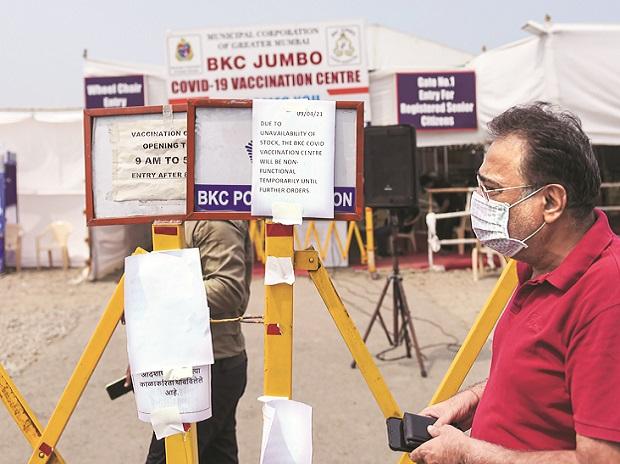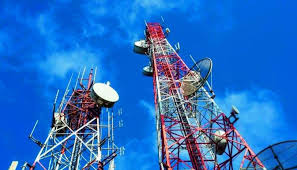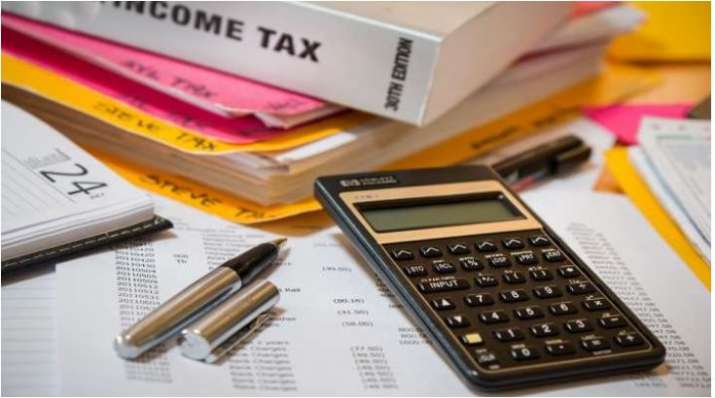Coronavirus crisis: States hit out at Centre over pricing of vaccines

The Centre has paid Rs 150 per dose, both for the AstraZeneca vaccine Covishield, manufactured by the Serum Institute of India, and Bharat Biotech's Covaxin.
States are outraged at the fact that they are going to be paying higher prices for coronavirus vaccines than the Centre.
The Centre has paid Rs 150 per dose, both for the AstraZeneca vaccine, Covishield, manufactured by the Serum Institute of India and Bharat Biotech’s Covaxin. “Our price remains the same as earlier,” a government official told Business Standard.
But for future contracts with state governments, who will lead the vaccination campaign for those below 45, the Serum Institute has quoted a price tag of Rs 400 per dose, effectively 166 per cent more than what the Centre has paid till now. Bharat Biotech has not declared the price that Covaxin will demand on future contracts.
Most states ruled by non-BJP parties have criticised the pricing policy. West Bengal chief minister Mamata Banerjee, who is fighting for re-election, has demanded that there should be one fixed price for a particular vaccine.
On Thursday, she tweeted: “One nation, one party, one leader shouts the BJP all the time but to save lives they can’t have one price for vaccines. Every Indian needs a free vaccine, regardless of age, caste, creed, location. The government must fix ONE price for Covid vaccine irrespective of who pays — Centre or the states.”
Questioning the differential pricing, Banerjee wrote to Prime Minister Narendra Modi on Thursday.
“States will buy vaccines for the poor and the young, hence your policy is both anti-poor and anti-youth. Such peculiar differentiation of rates is also unheard of in Indian history. In fact, never ever has any state in this country been asked to buy vaccines in any mass immunisation drive, let alone at such high rates,” the letter said.
K T Rama Rao, Telangana’s senior minister and son of chief minister K C Rao echoed similar views.
“We agreed to One Nation — One Tax (GST). But now we see, One Nation — Two Different Vaccine Prices? Can’t the government subsume any additional cost from the PM-CARES fund and help rapid vaccination across India?” he tweeted.
An official in the chief minister’s office said that pricing adds complexity to the existing problem of vaccine shortages. “We have the capability of administering 600,000-700,000 doses per day, but are able to do less than 200,000. The production capacity too does not give much scope for a real improvement in supply in the coming days,” he said.
At least six states — Uttar Pradesh, Madhya Pradesh, Chhattisgarh, Bihar, West Bengal, and Assam — have said that their governments will provide vaccines to all for free.
However, Maharashtra, the most badly affected state, has indicated that it may not keep the jab free for all. The state health minister Rajesh Tope said that those who can afford to buy it should do so.
He said the state cabinet will decide who will be eligible for free doses so that poor sections of society can be helped and also the pricing of doses for those who can afford it.
Gujarat and Rajasthan are awaiting formal notification from the Centre, not only on the pricing but also on guidelines on beginning the third phase of vaccination that begins on May 1 when all Indians aged over 18 become eligible for a dose.
According to a senior immunisation officer in Gujarat’s epidemic department, the state has yet to work out a detailed plan.
“It seems that the state government will have to shell out the cost of vaccinating the 18-45 year age group from its coffers. However, we are not keen on importing vaccines as they are costlier compared to the domestic ones available in the market," the officer told Business Standard.
Gujarat estimates a requirement of 65 million vaccine doses for vaccinating a population of roughly 32 million in the age bracket of 18-45.
Similarly, Rajasthan has worked out that the cost of vaccinating the 31 million citizens aged between 18-45 will be around Rs 2,500 crore.
"A concrete plan on vaccinating and budgeting is yet to be worked out and we are hoping that the Centre will soon clarify and share a detailed guideline for the third phase. Prima facie, the state may have to incur an additional burden of over Rs 2,500 crore," said Dr Raghuraj Singh, project director, immunisation in Rajasthan.
Assam finance minister Himanta Biswa Sarma said that funds collected as part of Assam Arogya Nidhi will be used to buy vaccines.
Interestingly, Sarma in a letter to Bharat Biotech, mentioned that he expects the vaccine maker to sell shots to his government at the rate as the Centre. This may start a price war as Bharat Biotech has said that it expects a ‘maximum possible price’ for Covaxin.
The Serum Institute’s quote for sale to private buyers is Rs 600 per dose.
Banerjee said that fixing the rate for private hospitals at Rs 600 per dose is not only discriminatory but also unhealthy as it is likely to trigger unscrupulous mechanisms in the market.









Comments